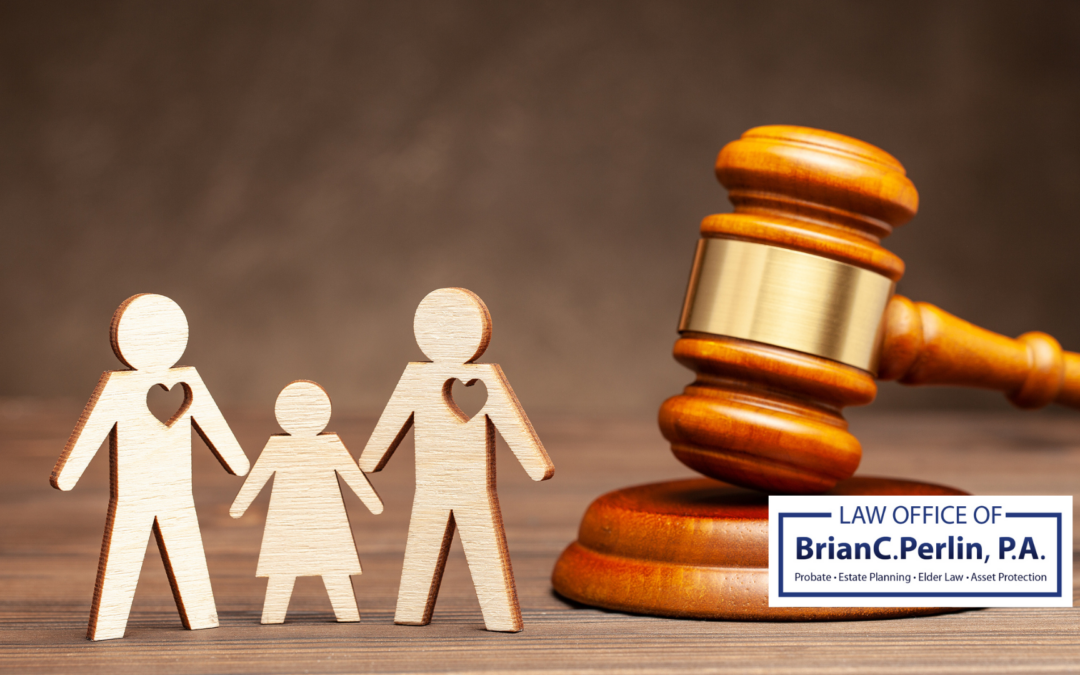Many people may have the misconception that estate planning is only something extremely wealthy people need to think about and, unfortunately, that may be why a lot of families suffer when a partner passes away or becomes incapacitated. The truth is, estate planning can be essential for everyone. Have you considered that it may be particularly critical for many members of the LGBTQ+ community?
Although in 2015, the United States Supreme Court legalized same-sex marriages, the Census Bureau reports that less than 60% of same-sex couples are actually married. This statistic underscores the importance of estate planning because, for example, if a same-sex couple is unmarried and one partner dies without a last will and testament, the surviving partner may not be entitled to inherit any of the partner’s assets under the law. Additionally, if a same-sex couple is unmarried and one partner becomes incapacitated and unable to make financial or medical decisions, the partner may not have access to financial or medical information without a properly executed power of attorney and health care documents in place.
In addition, same-sex couples who are married may require effective estate planning. Documents, such as a last will and testament, power of attorney, and health care documents, can be important to execute so that you make your wishes with respect to your assets and your health care clear. Other estate planning and wealth distribution vehicles may also be appropriate for a same-sex couple who are married because of the additional inheritance rights given to spouses under most state laws. For example, in most states, you cannot leave all of your assets to your children if you leave behind a surviving spouse. In other words, even if your will leaves everything to your children, your surviving spouse can “elect” against the will and inherit up to one half of your assets, depending on the state’s laws. This issue can be avoided through the use of pre- or post-nuptial agreements, trusts, and other estate planning strategies.
Finally, the children of a same-sex couple should be protected in an estate plan. Without adoption, a non-biological parent may have little or no custody rights. Also, without adoption, a child may not be able to inherit from a non-biological parent unless the inheritance is provided for expressly in a will.
To make sure these and any other issues specific to your family’s goals are adequately addressed in your estate plan, contact our office as soon as possible to schedule an appointment.
